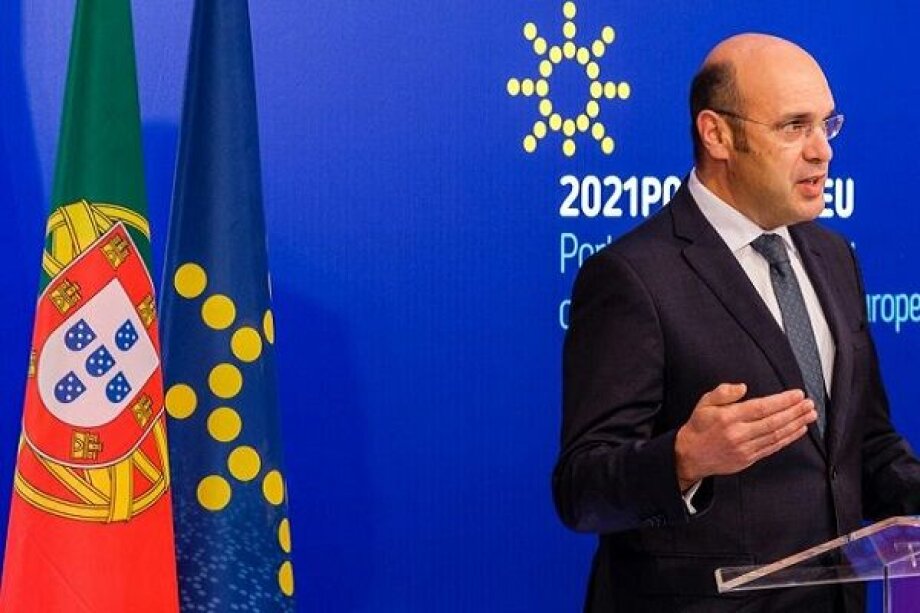European directive on corporate tax transparency getting closer


The Portuguese presidency of the EU Council gained widespread support from the EU countries for the European directive, which aims to persuade multinational corporations to publish information on where they make profits and pay taxes. On the same day, the United Nations published a report urging the international community to establish a global minimum corporate tax rate.
The directive will end the almost five-year period of struggle for legislative solutions in the fight against tax avoidance by international companies.
Speaking at a press conference following an informal meeting of EU industry ministers, Pedro Siza Vieira, Portugal's Minister for Economy and Digital Transformation said that arrangements for the directive would be formalized in the coming days.
"Once approved, the directive will oblige large listed companies operating in Europe to publish information about how much tax they pay and where," Siza Vieira emphasized.
He stressed that the agreement should be introduced by the end of June, as part of a trialogue between the EU Member States, the Parliament, and the European Commission.
According to data from Brussels, corporate tax avoidance in Europe costs EU countries around €50-70 billion a year. However, the European Parliament estimates that nearly €200 billion is lost as a result of legal tax evasion techniques.
The European Commission proposal followed the ‘Luxleaks’ scandal that exposed the tax treaties Luxembourg offered to multinationals. The European Parliament voted on this proposal and submitted the document to the Council of the EU in July 2017, but work on the directive has not advanced since then.